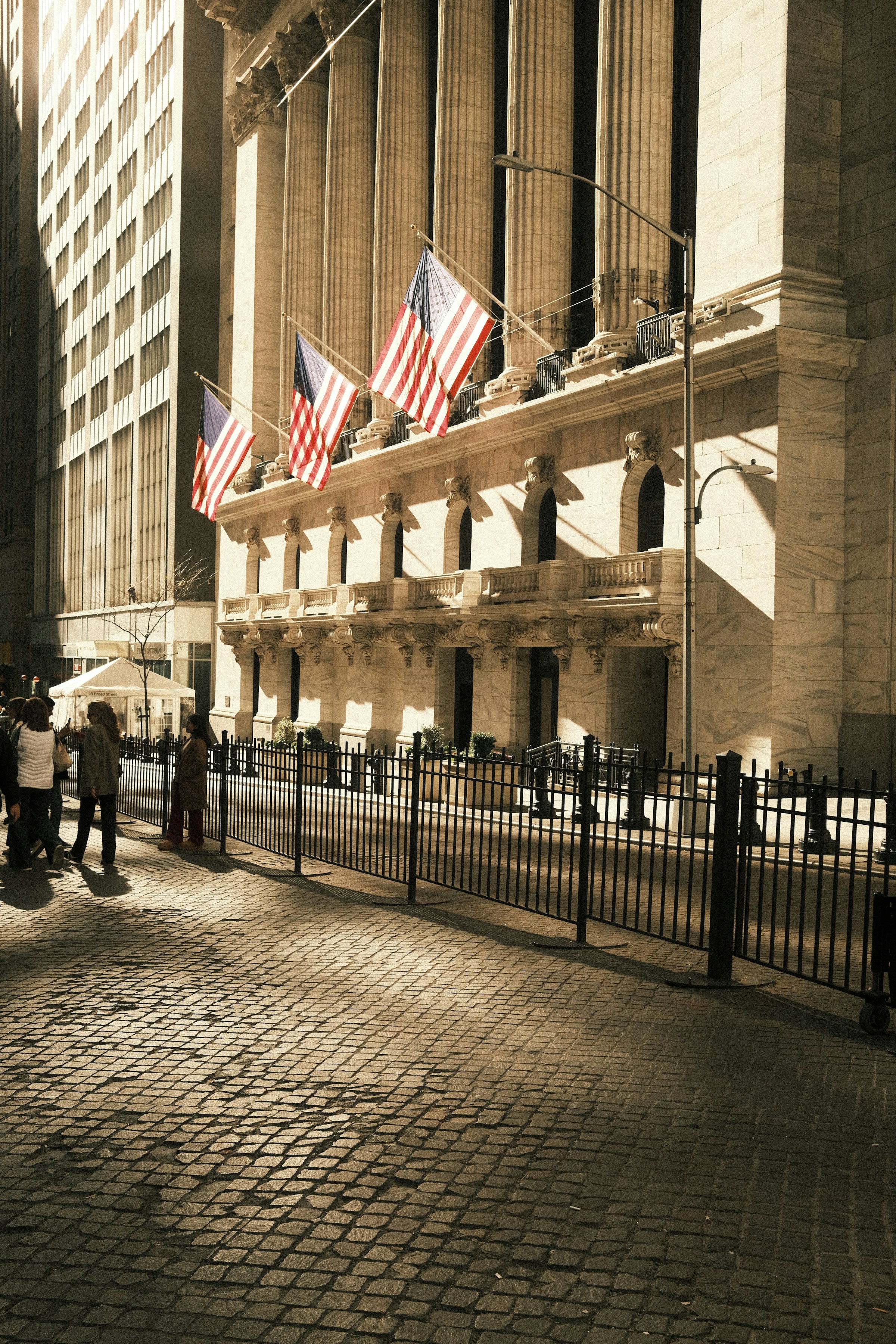Mimetic desire is a behavioural concept developed by French philosopher René Girard, and it refers to the idea that our desires are not entirely our own but are shaped by observing and imitating the desires of others.

In Simple Terms:
We often want something because someone else wants it—not because we inherently value the thing itself, but because we unconsciously imitate others' desires. This imitation can lead to rivalry, competition, and even conflict, as multiple people desire the same object or status.
Key Points of Mimetic Desire:
- Desire is imitative: We learn what to want by watching others.
- The “model”: The person we imitate becomes a model of desire, but also a rival.
- Conflict arises: When multiple people mimic the same desire, competition ensues.
- Cultural and social impact: Mimetic desire can explain everything from consumer trends to social dynamics and even violence.
For example, you might not have initially cared about a luxury car, but seeing a peer or influencer value and desire it suddenly makes it more attractive to you. That’s mimetic desire at work.
How does it affect investment behavior?
Mimetic desire significantly influences investment behavior by driving individuals to imitate the choices of others rather than relying on independent analysis. Investors often look to peers, influencers, or institutional leaders as models for what is worth investing in. When a particular stock, sector, or asset class gains attention—such as tech stocks, cryptocurrencies, or clean energy—investors are quick to imitate others' choices, fearing they might miss out on high returns. This imitation is not always rational; it’s fueled by the visibility of others’ success and the perceived credibility of high-profile investors or online communities. There could also be a possibility that as more individuals pile into these "hot" investments, prices can become inflated, creating momentum-driven markets vulnerable to sharp corrections. In this way, mimetic behavior contributes to boom-and-bust cycles, where excitement replaces strategy and trends override long-term value.
Hence, understanding the cause and effect of mimetic desire can provide insight into market trends, bubbles, and investor psychology.

How Mimetic Desire Affects Investment:
- Herd Mentality & FOMO - Investors often imitate the decisions of others—especially high-profile investors or large institutions—rather than conducting independent analysis. This leads to herd behavior or FOMO (fear of missing out), where people invest in an asset simply because it’s popular or trending. Example: The surge in meme stocks like GameStop or AMC was driven largely by retail investors mimicking each other's enthusiasm on platforms like Reddit.
- Asset Bubbles: When many investors mimic each other's desires, it can inflate the value of an asset far beyond its fundamentals, resulting in speculative bubbles. Historical Example: The dot-com bubble or the housing market crash of 2008—both were fueled in some part by mimetic desire, as investors chased the same high-return assets because others were doings.
- Influence of “Models” or Influencers - High-profile investors like Warren Buffett, Cathie Wood, or Elon Musk often act as models of desire. When they show interest in a stock, sector, or cryptocurrency, a wave of imitators may follow, often without fully understanding the underlying value. Example: Elon Musk tweeting about Dogecoin significantly increased its price, largely due to mimetic desire among retail investors.
- Mimetic Rivalry - In competitive markets, mimetic desire can turn into rivalry, where investors or firms try to outdo each other, not just for profit, but to match or surpass peers, which can distort investment priorities. In venture capital, firms often rush into the same “hot” startups, not always because of intrinsic value, but due to competitive mimicry.
How to avoid the pitfalls:
- Investors should be aware of when their interest in an asset is internally motivated vs. influenced by others' behavior.
- A clear understanding should be there that trends and hype cycles which are often fueled by mimetic desire.
- To avoid the pitfalls, investors should focus on independent research, clearly defined financial goals, and long-term fundamentals.
- Diversifying portfolios, resisting hype, and consulting with financial advisors can further anchor investment choices in strategy rather than emotion.
Ultimately, resisting mimetic impulses enables more rational, resilient investment behavior in both bull and bear markets.
EXPLORE MORE POSTS
The Executive guide to Diversifying Concentrated Stock
For many executives and founders, company stock represents both professional...
Read Moreby Irman Singh
AI Meets Reality: Labor Cracks, Fed Uncertainty, and a Market in Reset
The U.S. equity market has taken a sharp turn this week as investors react to...
by Jerry Yuan
Where AI Truly Helps RIAs (and Where It Doesn't) : A PRACTICAL GUIDE
by Irman Singh
Gold & Silver Surge: A Quiet Warning Signal for U.S. Equity Markets
Gold and silver are surging as U.S. stocks show volatility, signaling a shift...
by Jerry Yuan
Portfolio Construction Mistakes Advisors Must Avoid in 2026 -PART 2
by Irman Singh
Markets Bounce Back as Trump Blinks — Relief Rally Returns, but Caution Lingers
US markets staged a sharp relief rally after President Trump paused planned...
by Jerry Yuan
Portfolio Construction Mistakes Advisors Must Avoid in 2026 -PART 1
by Irman Singh
U.S.–Taiwan Trade Deal: A Structural Positive for U.S. Equities
The U.S.–Taiwan trade agreement represents a substantial benefit for U.S....
by Jerry Yuan
AI for RIAs: Portfolio Management, Client Experience & Compliance
by Irman Singh
Energy Politics vs. Market Reality: What Venezuela Means for U.S. Equities
by Jerry Yuan
Strategic Planning for RIAs 2026 -the Next Phase of Growth
A look at RIA industry trends, digital transformation, and long-term firm...
Read Moreby Irman Singh
2026 Investement Outlook: Strategic Priorities for Investors
As we approach 2026, ultra-high-net-worth (UHNI) investors face a landscape...
Read Moreby Irman Singh
2025 The year that was: Trump Tariffs, Gold Rally, and Portfolio Positioning for Investors
As we close the books on 2025, we reflect on a year that tested investors'...
Read Moreby Irman Singh
U.S. Equities Rebound as Cooling Inflation Strengthens Fed Pivot Expectations
Cooling inflation has revived confidence in U.S. equities, with falling yields...
Read Moreby Jerry Yuan
Jurisdictional Complexity: Managing Multi-Country Income and Tax Exposure.
by Irman Singh
Why Oracle’s Pullback Doesn’t Signal the End of the AI Trade
Oracle’s sharp post-earnings selloff triggered a broad AI market pullback, but...
Read Moreby Jerry Yuan
Investment Risk Profile: Factors Affecting It and Tax Strategy
Every investor has a unique investment risk profile, which determines how much...
Read Moreby Irman Singh
BOJ Tightening: How Japan’s Rate Hike Could Impact U.S. Equities
Japan’s shift toward tightening has added volatility to global markets, but...
Read More



















